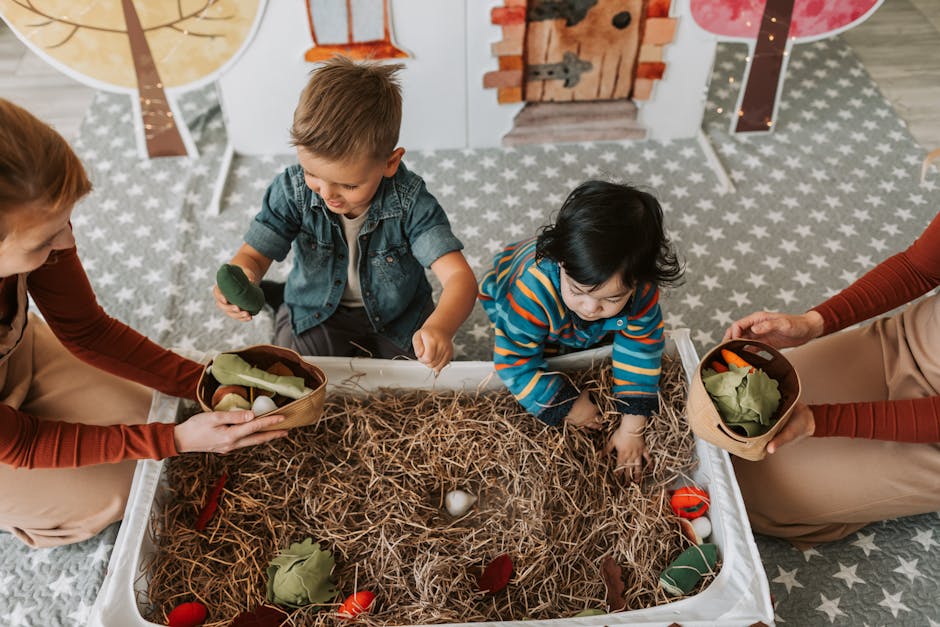Remember the days when toys were simple? Wooden blocks, a jump rope, maybe a well-loved teddy bear? These days, the toy aisle can feel like an assault on the senses – flashing lights, catchy jingles, and promises of educational benefits that seem too good to be true. But amidst all the high-tech gadgets and gizmos, it's easy to forget that sometimes, the simplest toys are the best.
Kids have incredible imaginations. They can transform a blanket into a fortress, a stick into a magic wand, and, yes, a cardboard box into practically anything. A spaceship, a race car, a castle – the possibilities are endless. These imaginative play scenarios are crucial for their development, fostering creativity, problem-solving skills, and social interaction.
Expensive toys, on the other hand, often dictate the play experience. A toy robot that walks and talks leaves little room for a child to invent their own story. The play becomes passive rather than active, limiting the opportunity for true imaginative exploration.
This isn’t to say that all expensive toys are bad. Some can be educational and engaging, offering new ways for kids to learn and interact with the world. But it's important to strike a balance. A mountain of battery-operated toys can actually stifle creativity, overwhelming children with too many options and limiting the need for them to use their own imaginations.
Consider incorporating open-ended toys into your child's play routine. Building blocks, art supplies, and even simple household items like pots and pans can provide hours of entertainment and learning. These toys encourage children to think outside the box (pun intended!) and create their own worlds.
Another benefit of simpler toys is their durability. While that fancy electronic toy might break after a few drops, a wooden block can withstand years of play, even being passed down through generations. This not only saves money in the long run but also teaches children the value of taking care of their belongings.
So, the next time you're tempted to buy the latest and greatest toy, take a moment to consider the benefits of simplicity. Maybe that cardboard box isn't just trash – it's a portal to a world of imagination and endless possibilities.
And let's be honest, there's a certain satisfaction in watching your child have more fun with the box the toy came in than the toy itself. It's a reminder that sometimes, the best things in life are free (or at least, come with the purchase of something else).
